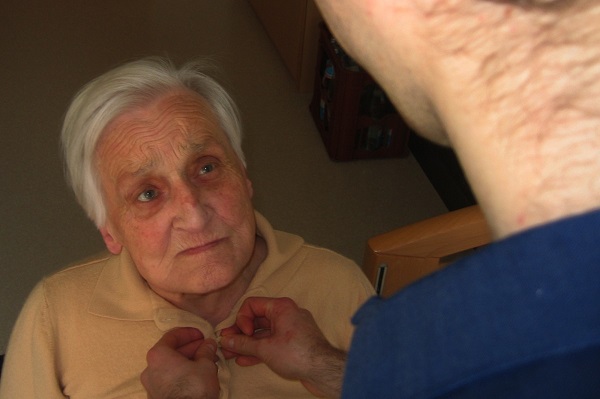Has someone close to you been diagnosed with dementia? It’s normal to feel sad, angry, or even afraid for the future. How will you deal with your loved one’s memory loss as it progresses?
Well, dealing with dementia is stressful for the family caregivers, but it’s important to remember that it is even more difficult for the patient. Memory loss will eventually damage their capacity to communicate, causing tension and dissatisfaction. Not just to them individually, but to you as caretakers as well. Here are some tips how to deal with dementia:
What is Dementia?
Dementia is a term that refers to a group of conditions that impact brain function, such as reasoning and memory. This category of neurological disease includes Alzheimer’s disease, vascular dementia, and Lewy Body dementia. It is primarily characterized by progressive memory.
Mild forgetfulness might be irritating at first, but when advanced dementia patients’ memory loss becomes severe, it can be a real burden for family caregivers. As such, here are some recommendations to help you manage if you’re faced with the problems of caring for someone with dementia and are having trouble adjusting:
Tips to Help You Cope After a Loved One Is Diagnosed With Dementia
1. Stay Calm
Maintain your composure is, admittedly, easier said than done. You could be irritated if your mother has forgotten where she put her reading glasses for the umpteenth time today — and that’s a completely acceptable reaction. Of course, it isn’t your mother’s fault that she is losing her memory, and blaming her won’t help. To stay calm and sustain this sense of calm, try using visualization or deep breathing exercises.
2. Use straightforward explanations
Complicated logic may be difficult to follow for someone with memory loss. Consider this statement for example: ‘You can’t take that aspirin because it combines with two other medications your doctor prescribed’ as compared to ‘The doctor says you can’t take aspirin.’ Of course, the latter is simpler yet communicates the same thing. What matters is that they take the appropriate action.
3. Use images or photographs
Your loved one suffers from severe memory loss, they could even struggle to remember the names of their own children. In such a case, make it easier by keeping images and photographs of family members so they can point to the individual rather than using a name. You can also cut out magazine photographs of everyday objects, such as coffee cups and spectacles, and stick them to index cards to aid your loved one in communication.
4. Avoid making corrections
There’s no need to correct your father if he calls you by your brother’s name. Recognizing his blunder will only make him feel guilty and sad. Keep your eyes on the big picture and don’t get caught up in tiny snafus!
5. Don’t take things too seriously
Avoid taking things personally; allow yourself to forgive your loved one if they make a mistake. Remember that they aren’t forgetful just to annoy you. It doesn’t mean they don’t care about you just because they can’t recall your name. They just have no control over memory loss and are unable to recall fundamental information as well as they once could.
6. Dedicate time for yourself
Caring for someone with dementia can drain your energy and emotions. As such, make time to refuel your emotional batteries by scheduling alone time. After cooking for your loved one, for example, go for an afternoon walk, start the mornings with yoga and meditation, or simply sing and dance while you cook or clean! Remember: Caring for others starts with caring for oneself!
7. Laughter is the best medicine
Instead of feeling sad and depressed, have a good laugh! Did your mom forget her reading glasses atop her head the entire time she’s been complaining they’re missing? Laugh! Forgetfulness might lead to some absurd situations, which you should chuckle about. Minor blunders can be turned into healing moments rather than annoyances if you treat them with the right attitude.
Wind Up
Caring for someone who has dementia can be a very stressful experience. With these 7 tips, however, the journey can be far less stressful for you and your loved one. They will help you cope and assist when you don’t know how to approach a situation.

